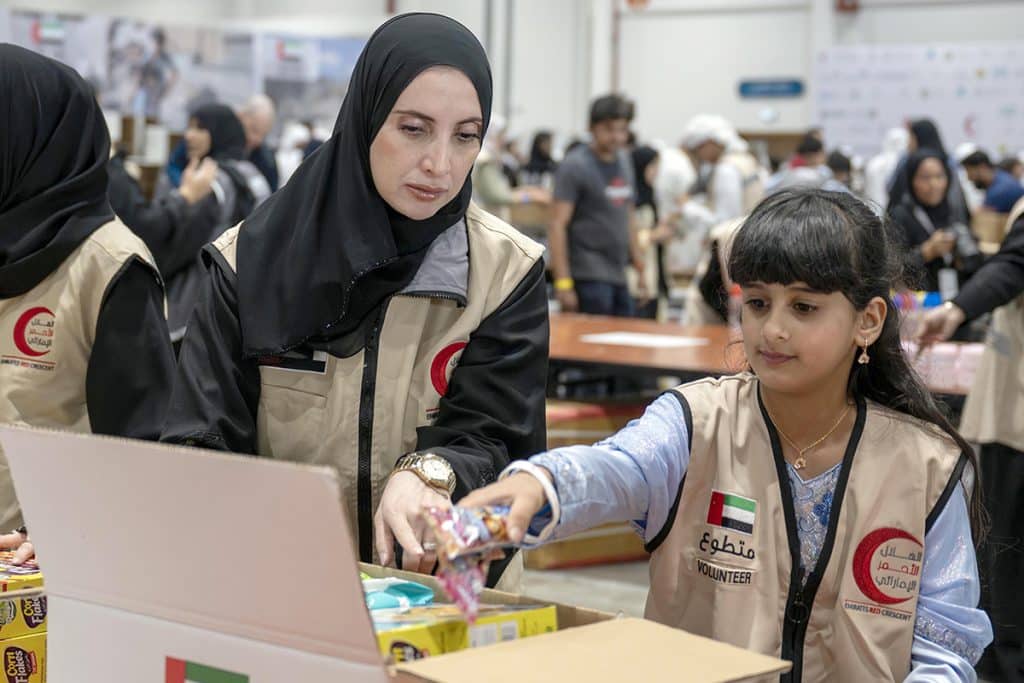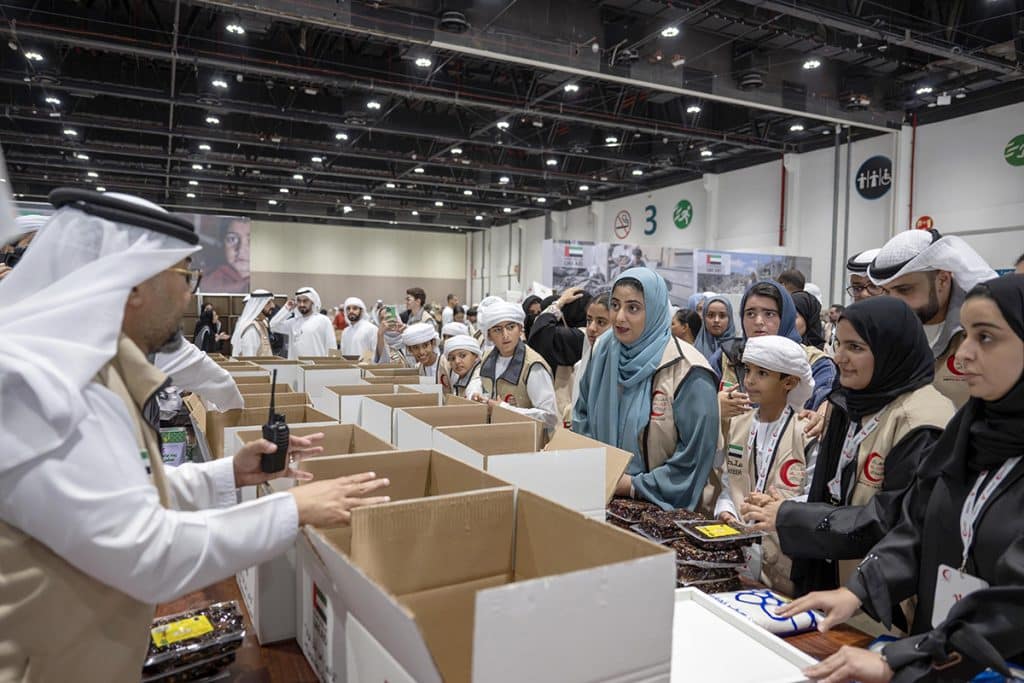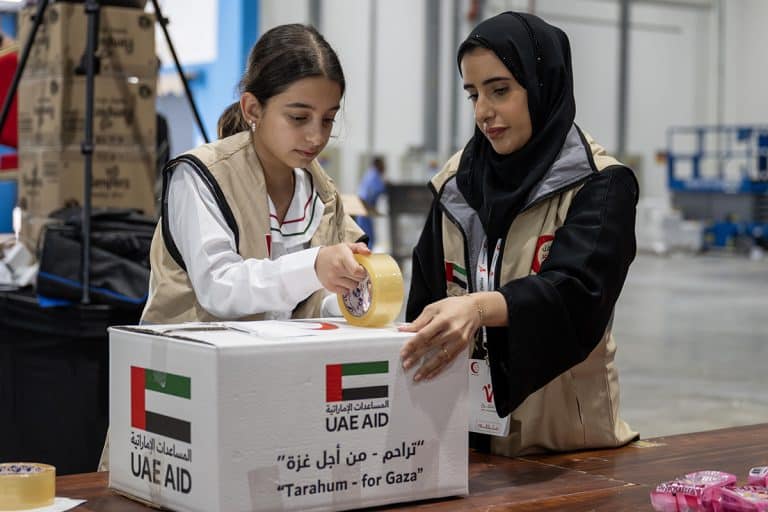In today’s global landscape, a significant portion of the population is under 30. With the rise in the frequency and severity of natural disasters, disease outbreaks, and conflict, it’s evident that young people will be disproportionately affected. However, despite being the most impacted demographic, they still need to be more represented in the humanitarian response chain.
Amidst the escalating global crises, the real potential of the youth remains untapped. With their energy, idealism, and drive for change, young people have immense potential to impact humanitarian efforts worldwide significantly.
Humanitarian agencies must recognise this potential and not only centre youth involvement in crisis response but also acknowledge them as capable agents of change during emergencies and protracted crises.
But how can we attract and engage the younger generation in this vital work?
The power of awareness and education
The first step in this journey is awareness. Many students lack exposure to humanitarian education in their school curriculums, leaving a gap in understanding and empathy for global issues. Initiating a series of school and university visits is essential to bridge this gap. These sessions should be designed to educate students about the realities of humanitarian work, from responding to natural disasters to supporting communities in need.
Additionally, educational institutions can provide experiential learning opportunities through internships, volunteer programmes, and field placements. These hands-on experiences deepen students’ understanding and cultivate essential skills like problem-solving, communication, and teamwork, which are crucial for practical fieldwork and humanitarian action.

By sharing an in-depth overview of what humanitarian work entails, the humanitarian community and academia have the opportunity to inspire a sense of responsibility and awaken a desire to make a difference. Students will see the positive impact of humanitarian efforts’ on individuals and communities and grasp how aid and support can transform lives. This personal connection helps them grasp the importance of humanitarian efforts and motivates them to get involved.
Scholarships and volunteer programmes
Education is only the beginning. Humanitarian agencies must provide direct pathways for students to get involved and turn awareness into action. Offering scholarships that support students pursuing studies related to humanitarian work encourages them to delve deeper into this field. These scholarships recognize their potential and invest in the next generation of humanitarian leaders, empowering them to be part of the solution.
Moreover, volunteer programmes are essential for giving students hands-on experience in the field. Whether participating in local community service projects or assisting in international relief efforts, these opportunities allow students to apply their skills and knowledge in real-world scenarios. Through volunteering, students actively contribute to humanitarian efforts, learning valuable lessons in empathy, resilience, and the power of collective action.
At Dubai Humanitarian, we have partnered with The University of Wollongong Dubai (UOWD) to offer an annual scholarship in the Master of International Relations in the past couple of years. So far, we’ve empowered three students to focus on the humanitarian field and we are building on this collaboration to develop our partnership further.
Through another collaboration with Heriot-Watt University, we are enabling knowledge sharing and the use of innovative sustainable solutions to address challenges in packaging for sustainability, benefiting all sectors, including humanitarian efforts. By involving the students, we aim to nurture the next generation of leaders equipped to make the world more sustainable.

Creating a culture of compassion
Ultimately, we aim to cultivate a culture of compassion and active citizenship among young people. Crises are a constant reality in our era, whether due to climate change, geopolitical conflicts, or health pandemics. We must prepare the next generation to understand these challenges and take proactive steps to address them.
Humanitarian agencies can play a pivotal role in this mission. By raising awareness of the impact of humanitarian work, offering scholarships, and providing volunteer opportunities, we can foster a new generation aware of global issues and actively engaged in creating solutions.
As we navigate an increasingly complex world, the need for compassionate, skilled, and motivated humanitarian workers has never been greater. Investing in young people’s education and active engagement today can ensure a brighter, more resilient future for all.









